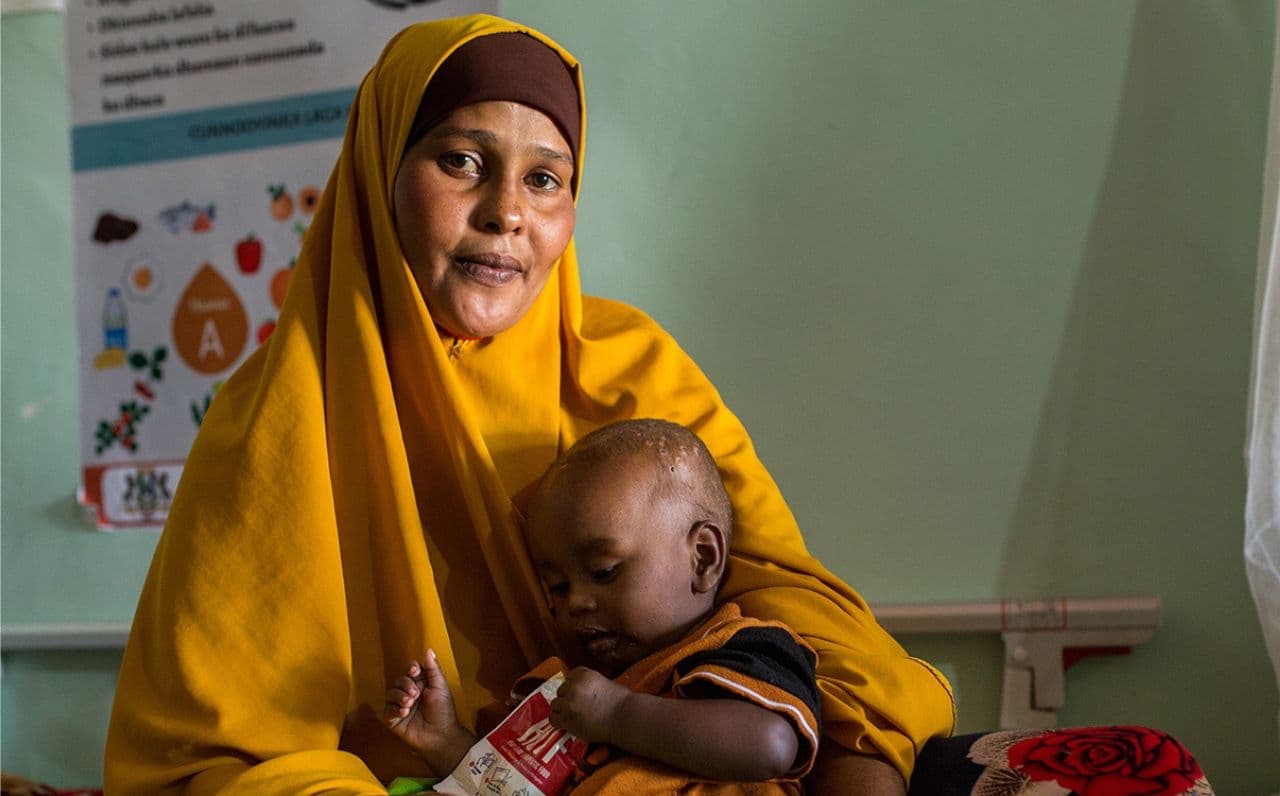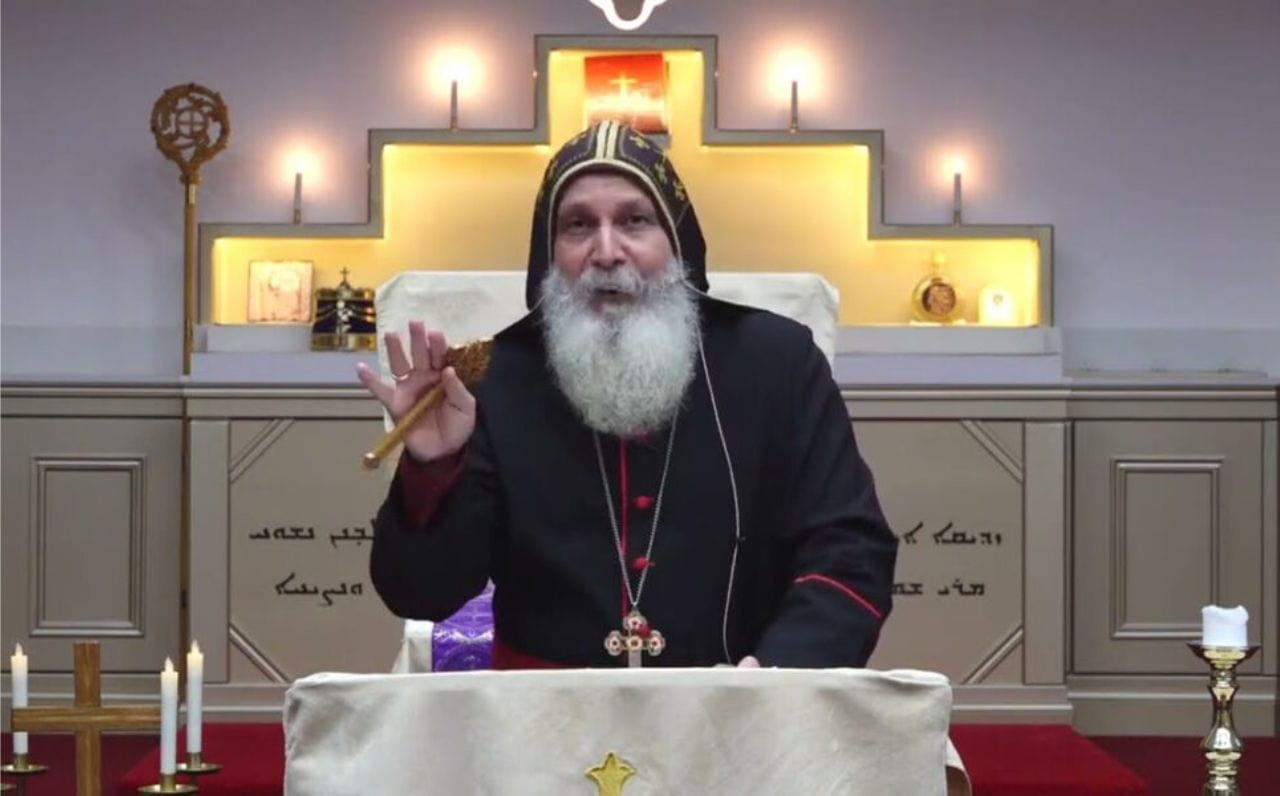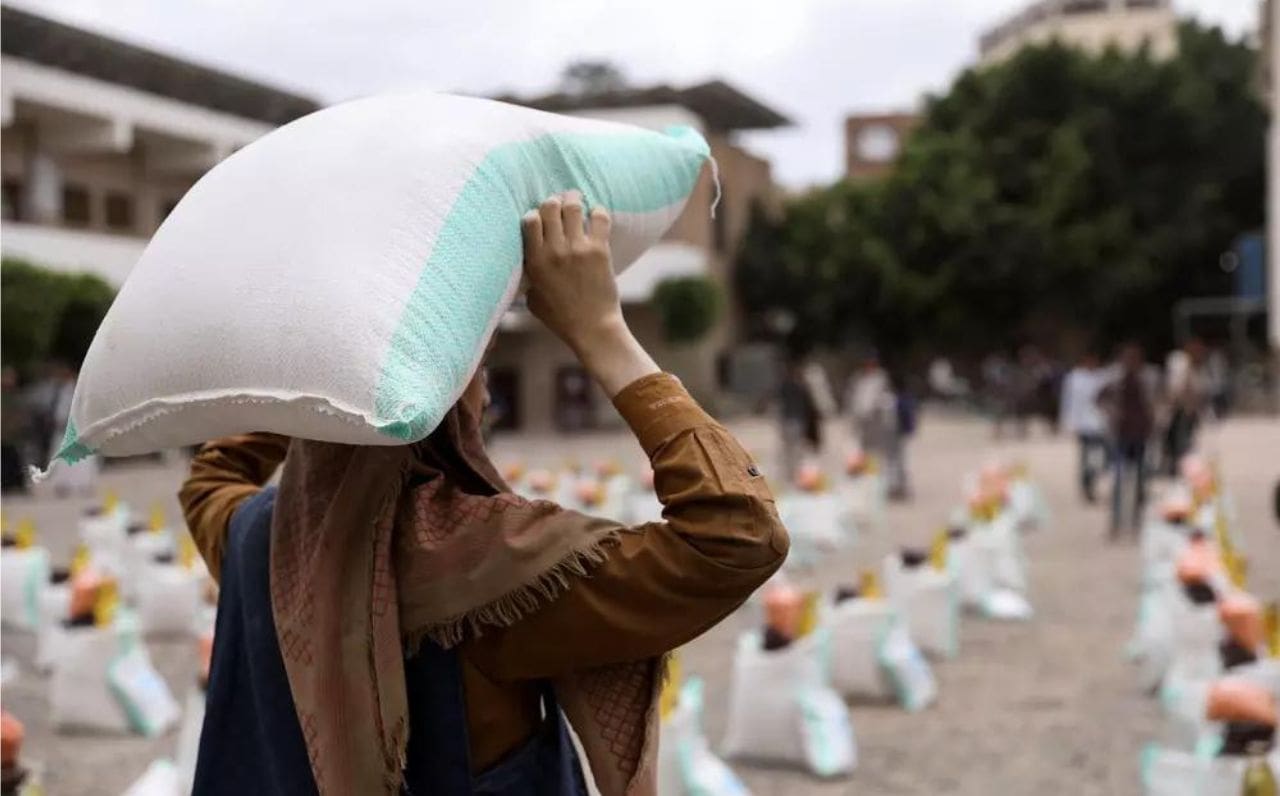Migration of farmers due to drought in Iraq
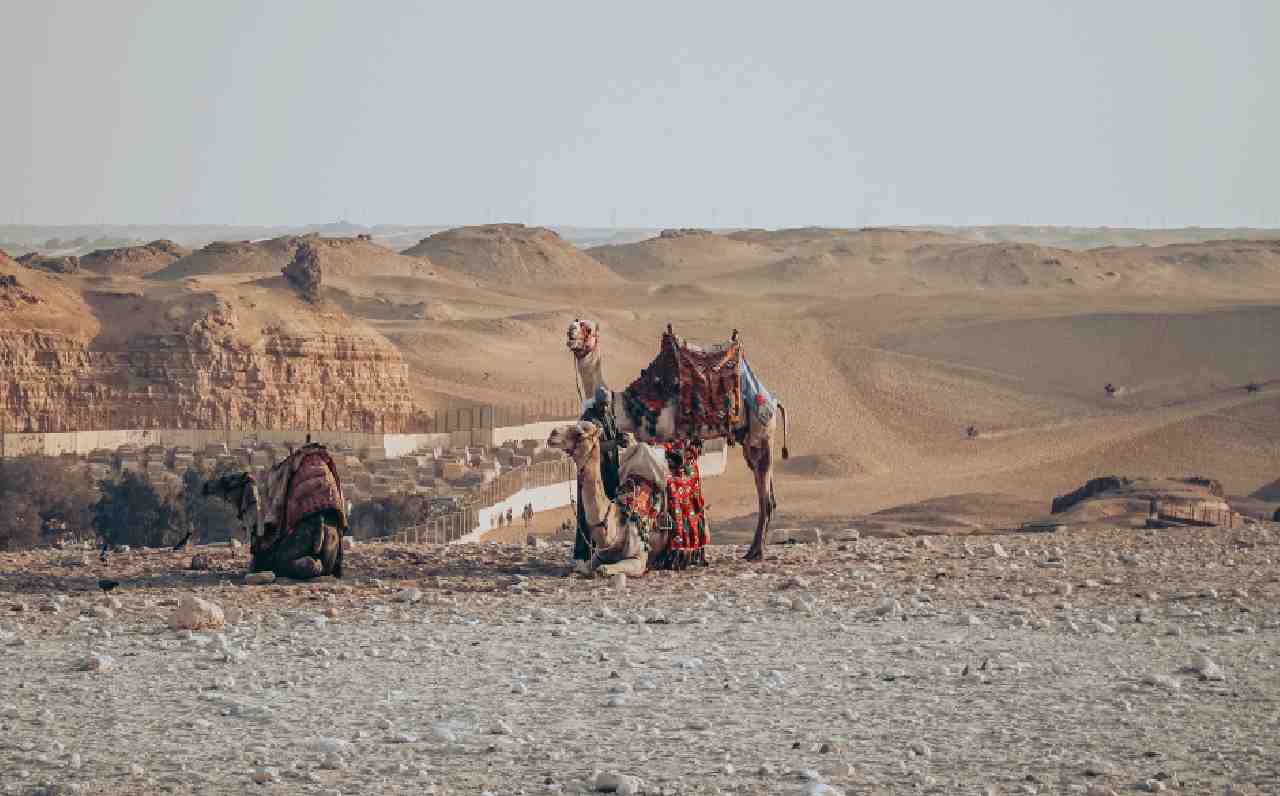
Drought in Iraq has forced many farmers and ranchers to move to larger cities.
Khamis Ahmad Abbas says wheat cultivation is risky in the current situation. A farmer in northern Iraq, he gave up his land, which was unusable due to drought, to try his luck in Mosul, the nearest major city.
Abbas, 42, also says the lack of rain is quite evident in the Nineveh Plain, located in the heart of the region's fertile lands, where people discovered agriculture ten thousand years ago.
But farms in Ninawa, Iraqi Kurdistan and surrounding areas on Syrian soil have been gradually drying up since last summer. So that now they have become deserts of dust unsuitable for cultivation. The temperature in some of these areas exceeds 50 degrees Celsius.
A little further northeast of Nineveh, the Zavita Plain has completely dried up for the first time since its launch in 2009 and has severely affected farmers in the area.
"Barley or wheat cultivation is a risk today, because everything depends on the rain, which has become very scarce in the region," said Khamis Ahmad Abbas. For this reason, he decided to leave his farm about three months ago and moved to Mosul with his two wives and nine children.
- Unemployment -
"Here, I am unemployed," Abbas told a AFP reporter from a café in Mosul, Iraq's second city, which is being rebuilt after being occupied by ISIS between 2014 and 2017 and a fierce war between the Takfiris and the government-backed Iraqi army.
The province of Nineveh, formerly known as the Ancient Mesopotamian Breadbasket and then the Iraqi Breadbasket, has about 6,000 square kilometers of agricultural land, which has been virtually turned into drought.
Hamid al-Nayef, a spokesman for the Iraqi Ministry of Agriculture in Baghdad, said the current situation had been most negatively affected by the drought.
Abdul Wahab al-Jarjari, director of the Ninawa Provincial Grain Administration, told AFP that in 2020, Ninawa produced 927,000 tonnes of wheat, making it self-sufficient. But "in 2021, this volume was reduced to 89,000 tons due to drought."
Samah Hadid of the Norwegian Refugee Council (NRC) emphasizes that in addition to the lack of rain, Iraq is also suffering from declining rivers, including the Tigris and Euphrates, due to dams built upstream in Turkey.
Globally, with climate change, the severity and frequency of droughts - which threaten the food security of the population in particular - even if the world agrees to limit global warming to the same level of one and a half per cent enacted in the Paris Agreement. It is at increasing risk of food insecurity.
At the Paris Climate Conference in 2015, the so-called "Paris Agreement" agreed that global warming should not exceed two degrees Celsius and should be limited to one and a half percent in the first way. Since the signing of this agreement, the transition to a clean economy and renewable energy has accelerated, but the process has been slow.
According to Samah Hadid, Iraq is facing the worst drought of its time, forcing all families to move from the countryside to the city.
In June and July 2021, the International Organization for Migration (IOM) estimated that 447 families had fled their lands in Ninawa due to drought after the fall of ISIS in the region.
- Risks of instability -
Akram Yassin, 28, is also considering quitting his business. He has already sold some of his 500 sheep to survive and now intends to give up everything.
"Maybe I will change my job," he said of his farm in the village of al-Qaim, north of Mosul. Because I lose more than I make from this job. I sold part of my land and with this money I settled in another area.
Source & credit: AVC Father's heart, RFI
Photo by Thais Cordeiro from Pexels
Middle east

2021 Nov 17
Africa

2024 May 10
International, Americas

2024 Apr 16
Increasing Arrests and Faceless Victims Revealed in Latest Findings.
Middle east

2024 Feb 23
Escalating Hostilities Prompt International Concern
Africa

2024 Feb 20
SimilarNews
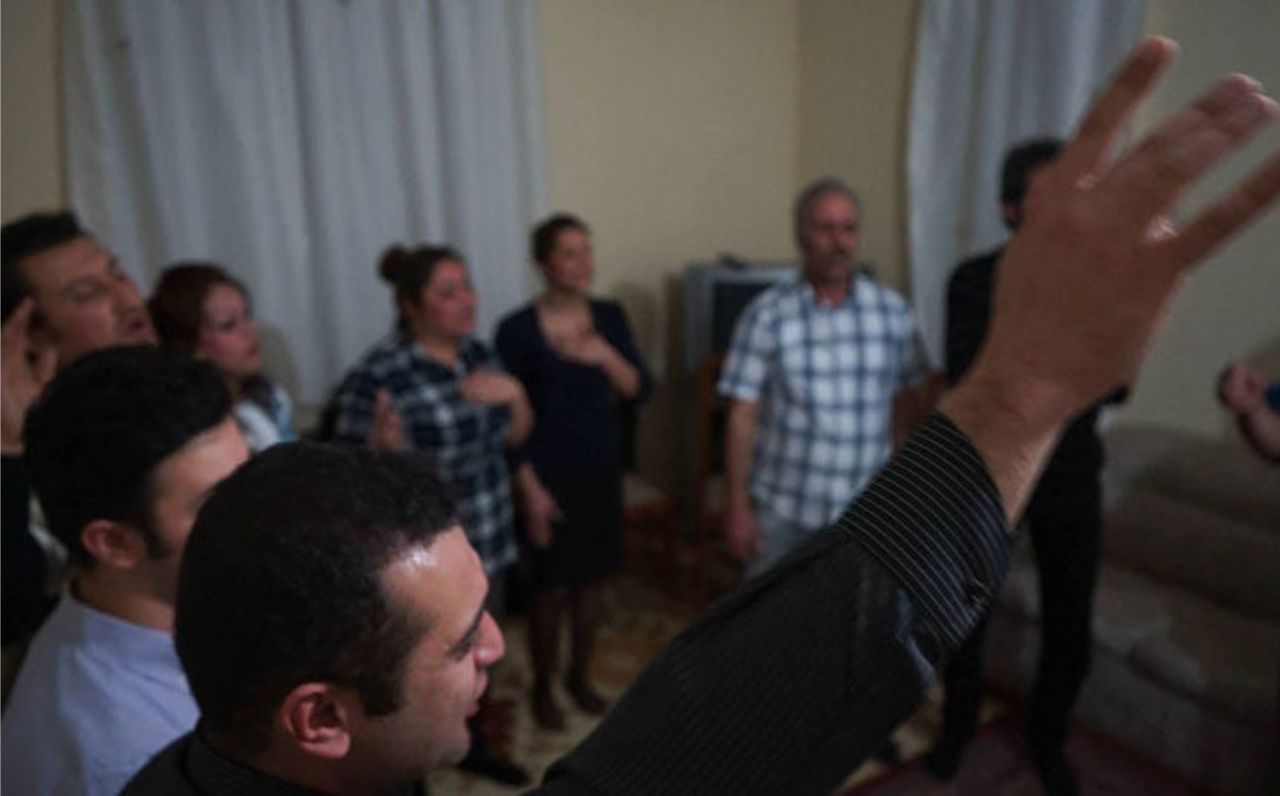 Report Highlights Rights Violations Against Christians in Iran
Report Highlights Rights Violations Against Christians in Iran Increasing Arrests and Faceless Victims Revealed in Latest Findings.
Middle east

2024 Feb 23
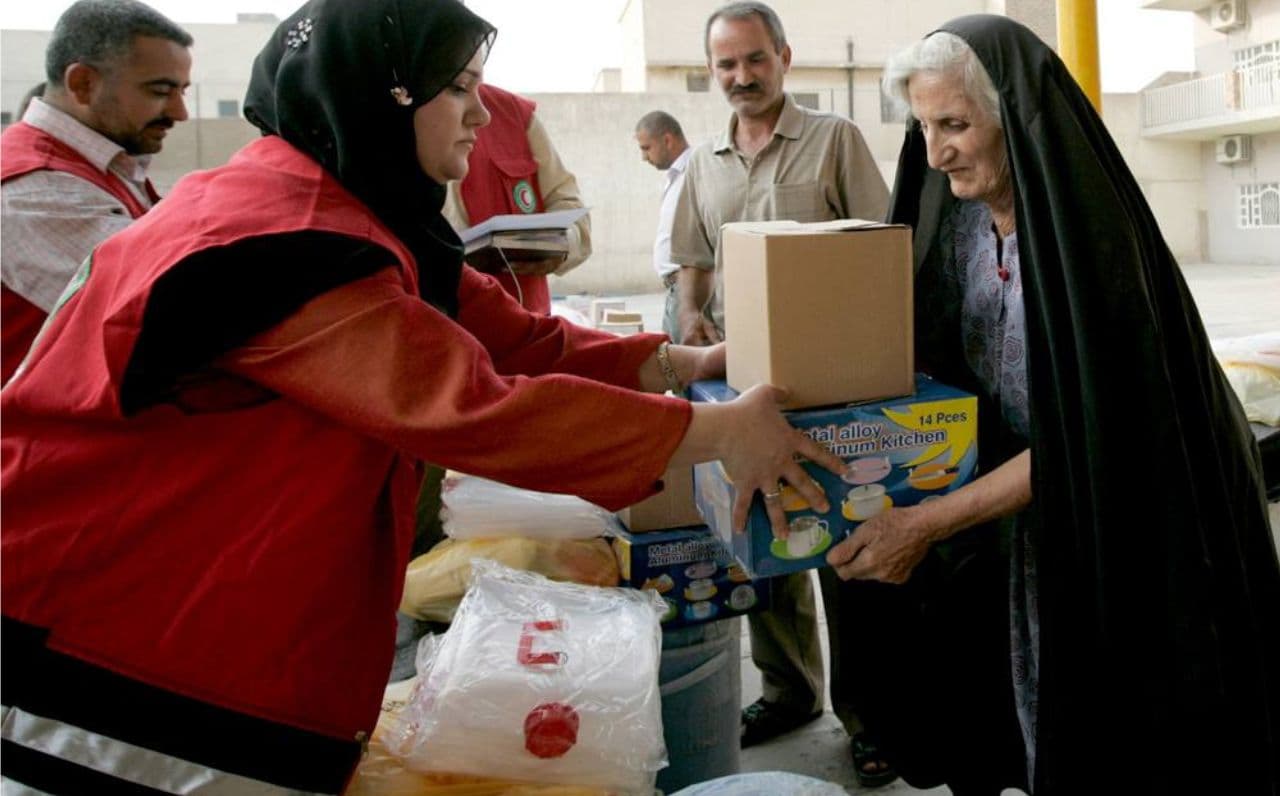 Coalition Strengthens Aid Efforts for Displaced Christians in Iraq
Coalition Strengthens Aid Efforts for Displaced Christians in Iraq Uniting to Provide Crucial Assistance Amid Ongoing Challenges.
Middle east

2024 Feb 19
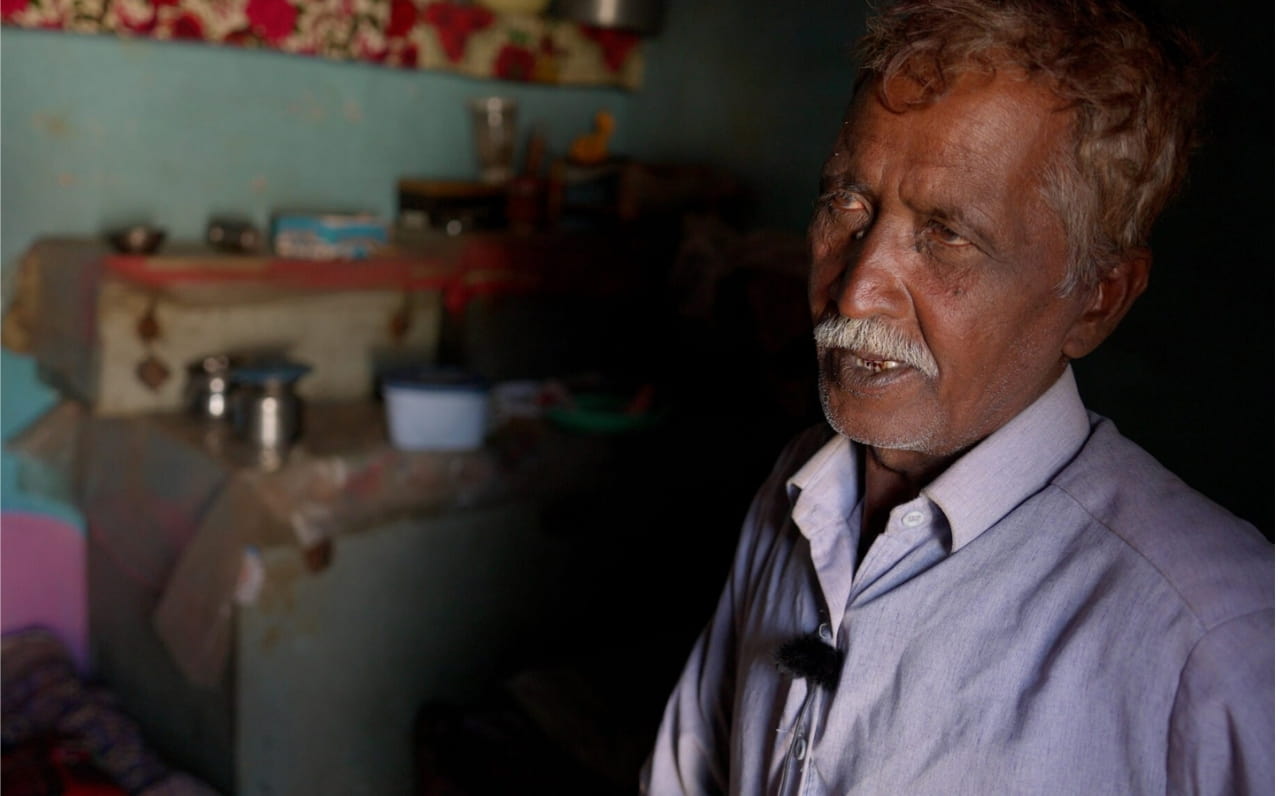 The Chains of Forced Labor and Persecution
The Chains of Forced Labor and Persecution Slavery Grips Pakistan's Christian Minority.
Middle east

2024 Jan 27
Concerns about the detrimental impact on civilians and IDPs.
Middle east

2024 Jan 26
Increasing deportation of Afghan immigrants from Iran and Pakistan.
Middle east

2023 Dec 02
